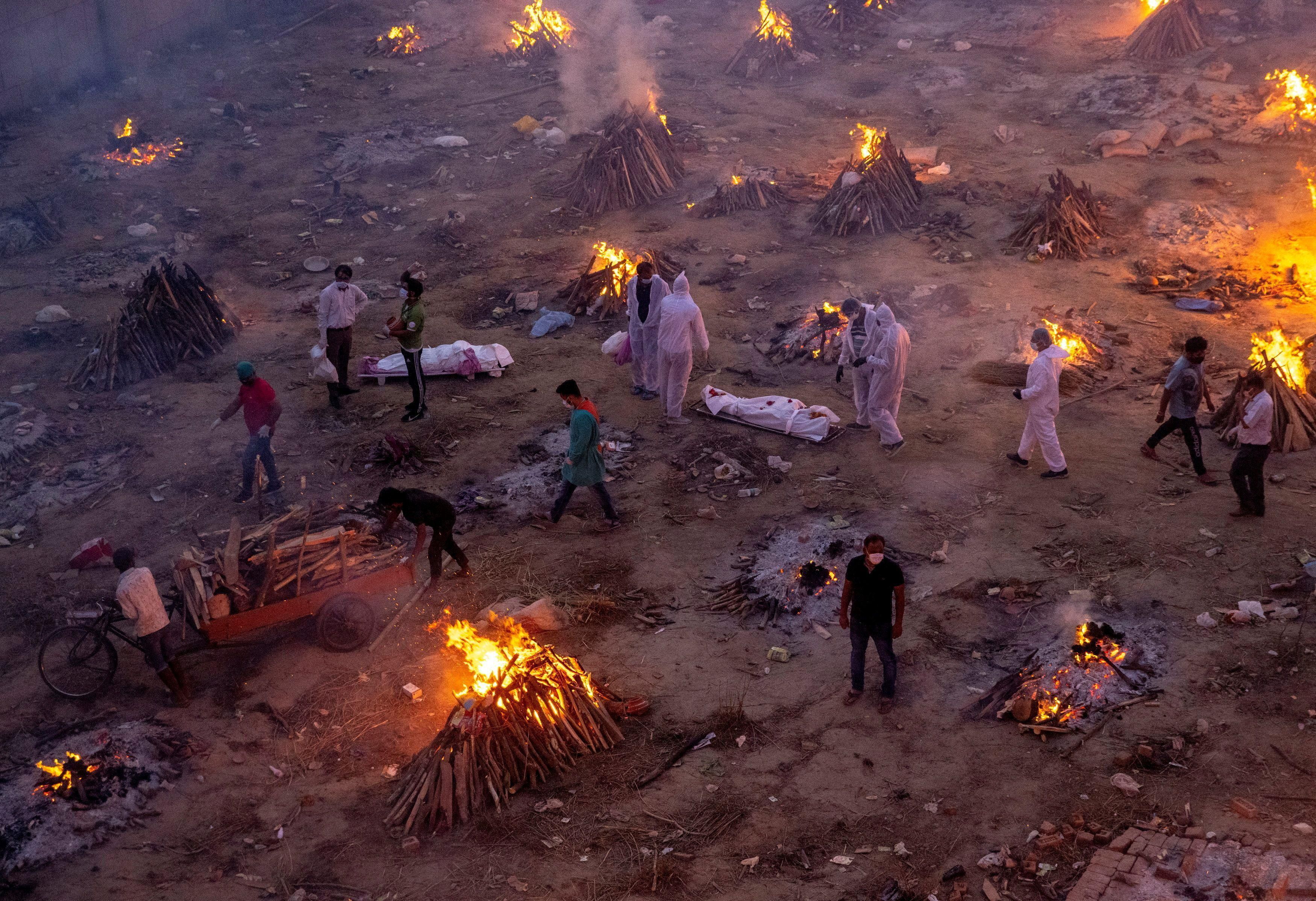News
July 20, 2021
4.7 million: A new US study on excess deaths in India found that as many as 4.7 million Indians may have died from COVID-19, ten times higher than the official toll recorded by the health ministry. India currently has the third highest death toll behind the US and Brazil, but this study suggests it is leading the global fatality count by a wide margin.
2.5 billion: Brazil's Amazon rainforest lost 2.5 billion trees following drought and floods caused by the El Nino event in 2015, according to a recent report that tracked the biome over eight years. Scientists say that central Brazil is currently experiencing its worst drought in 100 years, with this dry spell likely to reach parts of the rainforest later this year.
18,000: The Tokyo Olympics fell victim to another crisis this week when athletes took to social media to complain that the 18,000 beds provided in the Athletes Village are made of cardboard. Olympic organizers say they opted for the most compact bed frames made from reusable materials, but many athletes said the modular design aims to discourage sex between athletes. (The Olympic Village has been known to get steamy.)
17.5 billion: Greenland's government announced that it will stop all oil exploration activities because they are harmful to the environment. That's a massive deal considering that there could be 17.5 billion undiscovered barrels of oil off Greenland, according to some estimates, which would be a massive boon in helping the territory achieve its goal of gaining independence from Denmark.
More For You
Bad Bunny during the Super Bowl LX halftime show press conference at Moscone Center.
Kirby Lee-Imagn Images
100 million: The number of people expected to watch the Super Bowl halftime performance with Bad Bunny, the Puerto Rican superstar and newly minted Album of the Year winner at the Grammys.
Most Popular
Think you know what's going on around the world? Here's your chance to prove it.
- YouTube
An imminent US airstrike on iran is not only possible, it's probable.
Americans are moving less — and renting more. Cooling migration and rising vacancy rates, especially across the Sunbelt, have flattened rent growth and given renters new leverage. For many lower-income households, that relief is beginning to show up in discretionary spending. Explore what's changing in US housing by subscribing to Bank of America Institute.
© 2025 GZERO Media. All Rights Reserved | A Eurasia Group media company.
